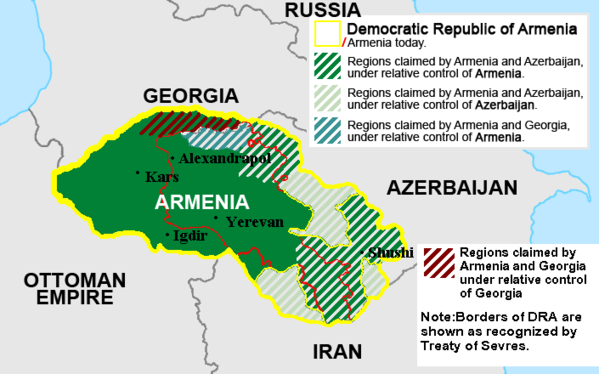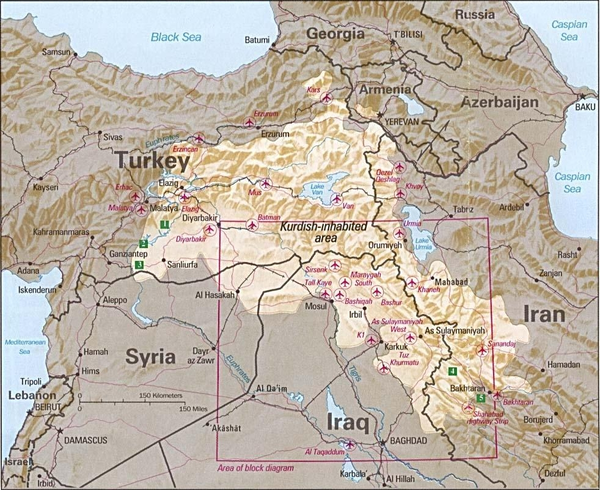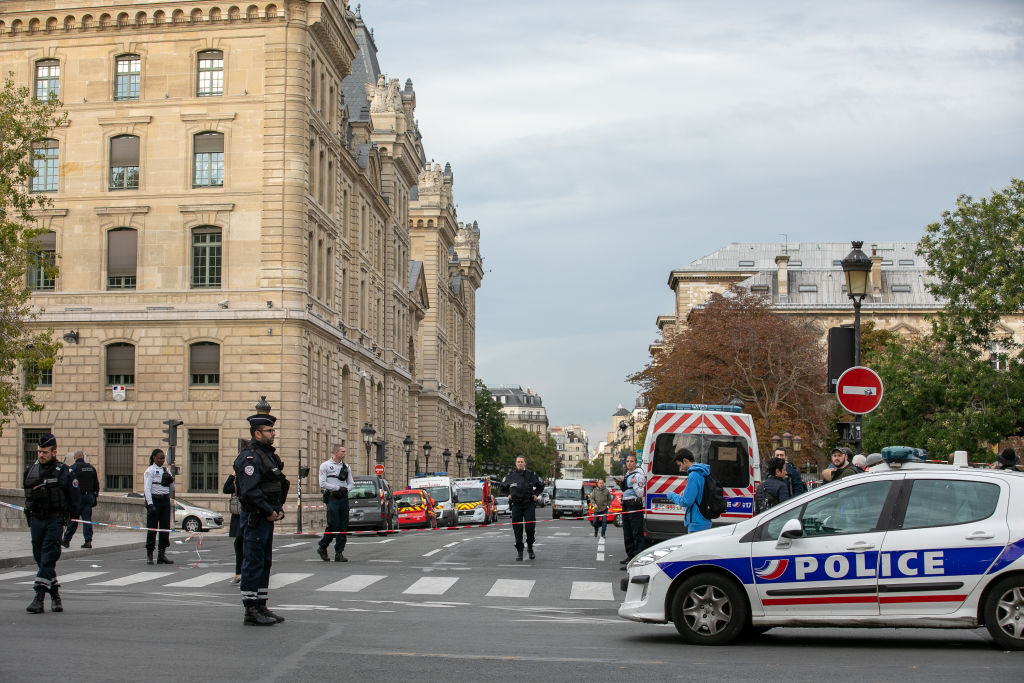by Gordon Wysong
The American people are getting weary of seeing malefactors like Lois Lerner and Hillary Clinton continue to walk free.
Imagine that the local cops know that a gang member, named William, broke into the pawn shop and stole guns, jewelry, and money. William's fingerprints, film image, and DNA add to the hard evidence log. The owner knows it; the prosecutor knows it; William's gang associates know it. But he is not arrested. Nearby shopkeepers and neighborhood mothers are asking why he is walking the street. No one explains it; mum's the word. Could it be there is a grand plan to take out the gang's leaders? No one knows; mum's the word. Shopkeepers and residents are about to give up and start moving away from the area, and no one asks them to stay the course.
Fast-forward to today's still vocal Obama gang. Why no indictments? Mum's the word. Can anyone hold to the faith in American justice? Those who support the rule of law feel like Charlie Brown trying to kick a football. It's coming — oh, wait, it's coming...oh, wait...
Without doubt, a criminal cabal is an extraordinarily complex organization, and understanding who did what, why, when, and how is a challenge to the mental faculties of anyone. But, what happens if the full scope of activities is never clear? Does everyone get off? Does complexity confer immunity?
In engineering, there is no perfect answer to anything, so changes are made incrementally, addressing the problems as they are recognized. Each step brings a clearer view of remaining problems, which are then addressed, each in its turn. The completed project is still flawed, but the solution is practical and productive.
So it should be with a grandiose scheme like the Russia Hoax. The ringleaders don't have to be handled with kid gloves. They don't even have to be handled at all. Just start with the low-hanging fruit, and get as far as possible.
Those old enough to remember My Lai, Vietnam, know that Lt. Calley and Cpt. Medina were not alone in their actions. However, their prosecution forever changed the game of passing the buck on war crimes.
So, too, can rabid prosecution of bit players in the Russian Hoax forever change the landscape in plots involving treason. Those who would participate at the lower levels must know they are subject to prosecution, so they remain circumspect in such a re-enactment of the coup attempt. This would be the Achilles heel of another cabal — those who are intimidated by the prospect of prison. Those who realize they don't have sufficient rank to escape punishment will be loath to participate in such a scheme. Without them, there will be no operational viability to an unlawful coup.
Admittedly, there are always problems in pursuing a criminal case. It must be so under our Constitution, but it cannot be impossible!
Prosecutors don't get all the information, but at a certain point, for each criminal, evidence accumulates that there is a real and provable crime. It may not include every transgression of that person, nor is it the magic revelation, untangling the Gordian knot of the conspirators. It is a simple criminal act. It is what it appears, and it need not be put in the context of the big picture — it is as plain as the nose on your face.
That stage is the stimulus for a prosecutor. It is the time to move. If the DOJ acts, many of the sins can never be prosecuted, because the prosecution of their lesser crimes may foreclose pursuit of other crimes under double jeopardy protection. However, failure to move puts evidence and witnesses at risk of being lost. This point has passed for so many of the coup conspirators that it seems there will be no justice for many of them, like Lois Lerner.
Why?
A full recounting of all that is already known would be tedious, and to expound on the criminal conduct yet again seems shrill. It is not necessary to understand the intertwining of all the crimes before simply bringing the charges that are facially obvious. But the deferral of prosecution, for whatever reason it is done, allows many of the cabal to walk free when they shouldn't. In fact, the indication is that they are continuing the very conduct for which they should be prosecuted.
Why has McCabe not been charged with lying to the FBI, lying under oath? Nothing more is needed to start the dominos falling. Who will step forward to exonerate him? No one can, and no one will. That omission — of a vigorously supported defense — will send a message to the others in the coup conspiracy.
Why has Samantha Power not been indicted for violating national security requirements in unmasking or transferring her unmasking authority to others? It doesn't pass the smell test that she is too important to be prosecuted.
Why is Huma Abedin strolling around, free as a bird? She forwarded classified emails to Anthony Weiner's laptop. What else is needed to demonstrate a crime?
Did Strzok do anything? Did Page? Which one lied to Congress? Their contradictory accounts mean at least one is a perjurer. Sure, there is more "there" there, but it isn't necessary to keelhaul them; just send them to jail, and send others a message.
Listing all the cabal members, who are quite obviously criminal, is not easy — in fact, it not doable. It need not be the aim. A public that finds this whole thing partisan or tedious will not be easily impressed if a 2,000-count indictment naming 43 people is suddenly dropped. Bringing along the public is certainly part of sending the message for future conspirators. It probably is better done gradually.
Removing the context and simply prosecuting crimes is the method to educate both today's and tomorrow's citizens.
Selecting single actors, and naming obvious crimes, will have a chance to convince even skeptical partisans that something is wrong. The lack of support from other participants will indeed remove most doubt.
The full scope of what has gone on will never be known, but the lessons for future participants in such a scheme is essential. The next time, the prosecution will be more severe, more certain, and more expedient. Protecting the Constitution is more important than perfect justice. Some miscreants will escape, but they will never sleep well again. The lesson must be taught.
A DOJ that fails to move loses its credibility and its honor. The foundation of the Republic is placed at risk. Without the rule of law, what do we have?
At some point, deferral of prosecution is dereliction or abetting. Has it reached that point?
Gordon Wysong is an engineer and entrepreneur who has served as a county commissioner in Cobb County, Ga.
Source: https://www.americanthinker.com/articles/2019/10/will_we_ever_prosecute.html
Follow Middle East and Terrorism on Twitter



 Also, we need to ask ourselves whether the withdrawal of a few American troops really matters in the conflict either against ISIS, and did it really grant the Turkish government the “green light” to attack “terrorist” Kurds? Perhaps. The Syrian civil war which led to the rise of ISIS is over and the bloody dictator in Damascus won, thanks to the Russians and Iranians. We can blame Obama for that outcome, not Trump. And yes, the Turks have permission from Damascus to cross into Syria and they will now consolidate a buffer zone along the Syrian border to control terrorist actions fostered by the independence-minded Kurds and allow for millions of refugees to return home. I bet the U.S. would do the same if we had a similar problem on either of our borders with Mexico or Canada.
Also, we need to ask ourselves whether the withdrawal of a few American troops really matters in the conflict either against ISIS, and did it really grant the Turkish government the “green light” to attack “terrorist” Kurds? Perhaps. The Syrian civil war which led to the rise of ISIS is over and the bloody dictator in Damascus won, thanks to the Russians and Iranians. We can blame Obama for that outcome, not Trump. And yes, the Turks have permission from Damascus to cross into Syria and they will now consolidate a buffer zone along the Syrian border to control terrorist actions fostered by the independence-minded Kurds and allow for millions of refugees to return home. I bet the U.S. would do the same if we had a similar problem on either of our borders with Mexico or Canada. 

